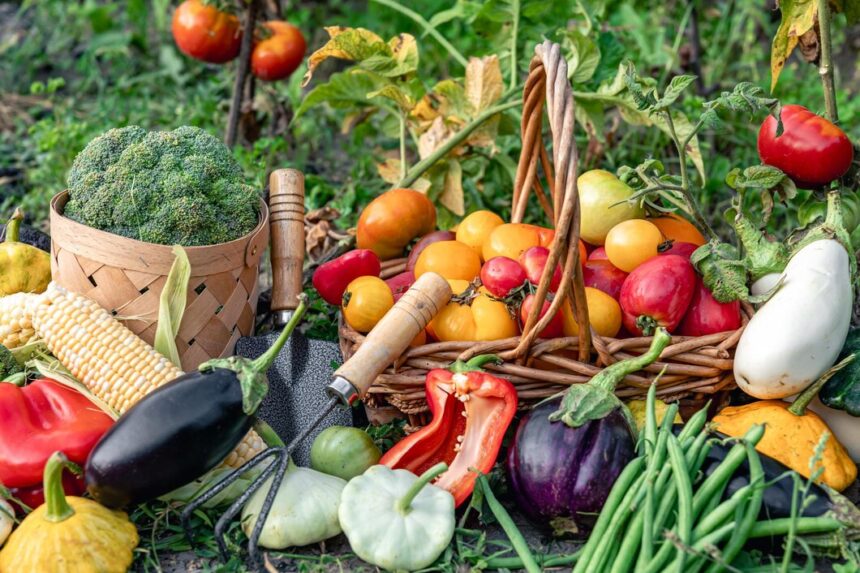Diversifying crops is a key strategy for enhancing farm sustainability in South Africa. By growing a variety of crops, farmers can reduce risks associated with market fluctuations, pests, diseases, and adverse weather conditions. Additionally, crop diversification promotes soil health, biodiversity, and resilience to environmental stressors. Here are ten ways South African farmers can diversify crops to enhance sustainability:
1. Rotate Crops
Implement crop rotation practices to break pest and disease cycles, improve soil fertility, and reduce soil erosion. Rotate cash crops with cover crops such as legumes or grasses to fix nitrogen, suppress weeds, and enhance soil structure.
2. Intercropping
Grow multiple crops together in the same field to maximize space utilization, nutrient uptake, and pest management. Intercropping complementary crops with different growth habits, root structures, and nutrient requirements can enhance resource use efficiency and yield stability.
3. Explore Specialty Crops
Diversify your crop portfolio by exploring specialty crops with high market demand and value-added potential. Consider niche crops such as herbs, spices, exotic fruits, or indigenous vegetables that are well-suited to local growing conditions and consumer preferences.
4. Incorporate Cash Cover Crops
Integrate cash cover crops such as sunflowers, buckwheat, or mustard into your crop rotation system. Cash cover crops not only provide income but also offer soil benefits such as weed suppression, moisture retention, and organic matter accumulation.
5. Embrace Agroforestry
Integrate trees, shrubs, or woody perennials into your farming system through agroforestry practices. Agroforestry diversifies farm income, improves microclimate regulation, and enhances biodiversity while providing additional products such as fruits, nuts, timber, or fodder.
6. Invest in Multi-Season Crops
Select crop varieties that can be planted and harvested at different times of the year to spread risk and optimize resource use. Multi-season crops allow farmers to capitalize on favorable growing conditions and market opportunities throughout the year.
7. Diversify Market Channels
Explore diverse market channels for selling your crops, including local markets, farmers’ markets, community-supported agriculture (CSA) programs, restaurants, schools, and online platforms. Diversifying market channels reduces reliance on a single buyer and increases market access and revenue potential.
8. Practice Agroecology
Adopt agroecological principles such as polyculture, organic farming, and ecological pest management to enhance farm sustainability. Agroecology focuses on mimicking natural ecosystems, promoting biodiversity, and fostering ecological balance while maintaining agricultural productivity.
9. Utilize Mixed Farming Systems
Integrate crop production with livestock, poultry, or aquaculture to create synergies and diversify income streams. Mixed farming systems leverage nutrient cycling, crop residues, and grazing to improve soil fertility, weed control, and overall farm resilience.
10. Engage in Value-Added Processing
Add value to your crops through on-farm processing, packaging, and marketing of value-added products such as jams, sauces, dried fruits, or specialty oils. Value-added processing increases product shelf life, marketability, and profitability while reducing post-harvest losses.
Diversifying crops is a cornerstone of sustainable agriculture in South Africa. By implementing these ten strategies, farmers can enhance farm resilience, profitability, and environmental stewardship. Embrace crop diversity as a pathway to sustainable farming practices that benefit both farmers and the planet, ensuring a thriving agricultural sector for generations to come.
Join 'Farmers Mag' WhatsApp Channel
Get the latest Farming news and tips delivered straight to your WhatsApp
CLICK HERE TO JOIN






